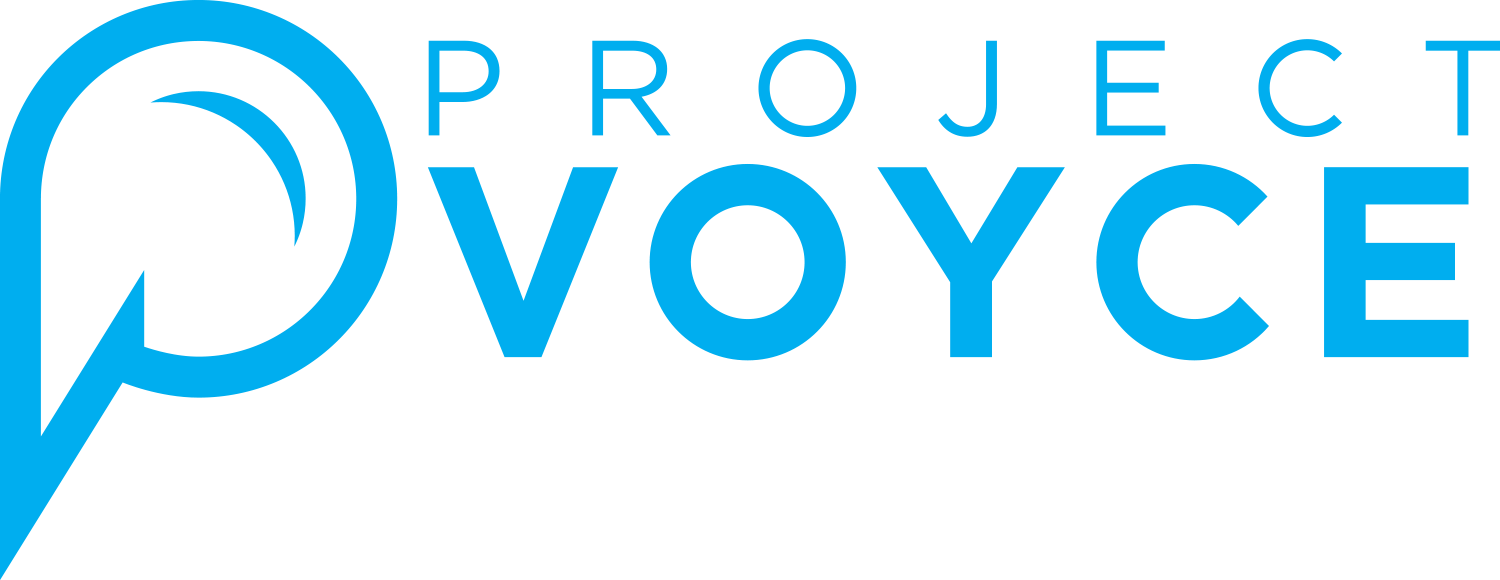How to Decolonize Your Classroom During a Pandemic
“I am no longer accepting the things I cannot change. I am changing the things I cannot accept.”
― Angela Y. Davis
The start of decolonizing your classroom is an active and ongoing practice one engages in for life. It takes patience, reflection, and commitment. Project VOYCE believes that decolonization work starts by looking inward before making changes outward. While the work and act of understanding oneself deeply can be challenging and uncomfortable, it is critical if our goal is to uproot and decolonize the spaces and systems we move through.
During this pandemic, Project VOYCE began to start thinking of ways to decolonize the classroom to support youth during these trying times and instill tools and resources to develop representative leadership for a more just and equitable society.
We want to help you live the life of “Don’t talk about it, be about it.” Lerone Bennett Jr. said, “An educator in a system of oppression is either a revolutionary or an oppressor.” Educators have a unique role in decolonizing the classroom; they always have. With the number of students and families served, Project VOYCE believes that educators’ impact is truly unmatched. We implore you all to take action and stay active even when words are no longer buzzworthy.
Here are some ideas to help you get started.
Assess how the culture of power is manifested in your classroom.
Take a moment to write down your teaching ideology regarding your students, their abilities, and experiences.
Does it translate well to the virtual realm? If not, what are ways you can solve it?
Teach from a sense of understanding rather than power. Some students may not turn on their cameras or participate in open discussions.
Find ways to utilize different learning modes (quizzes, written responses, visual art, etc.)
Understanding and not taking it personally when folks don't want to be on camera or engaged in a virtual space. As much as we miss seeing people in person and building community face-to-face, many of our youth peers have to be attached to a screen 24/7 in school and society, which can be incredibly draining for them as it is.
Amplify the voices and stories of our students and their ancestors.
Utilize a mix-media teaching approach
Solidify what success means to you and your youth, go beyond the cookie-cutter model that the education institution gives you.
Invest in culturally-responsive training to continue your work of decolonization
Educate yourself on the beliefs and cultures of others because standards that may be appropriate to you may seem foreign to people of different backgrounds
Involve students in the creation of knowledge, content, and curriculum
We must practice what we preach as our young people see what we say and do. This starts with giving your students and yourself a brave space within four walls or a computer screen to learn, practice, and speak up against injustice.
There are many ways to approach this act of decolonizing the classroom. Continue to listen, learn, reflect, act, and, then, repeat. Before creating content and speaking on a topic or on behalf of a group of people, take a pause and seek what your youth may already know; become the student as you learn from these young leaders. Remember, here at Project VOYCE, we are all rooting for you. For the world to change, we need to invest in our world changers, which means supporting outstanding educators who will help them throughout their journey.
